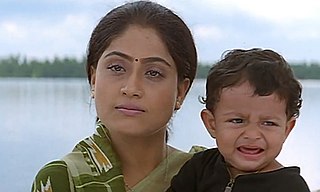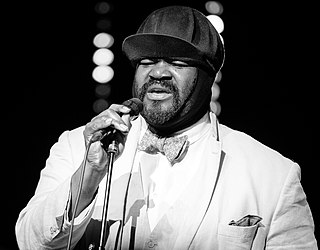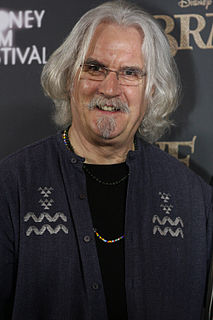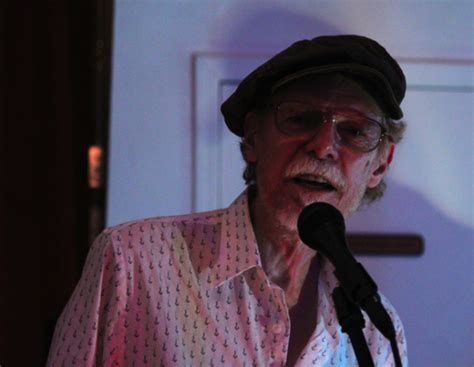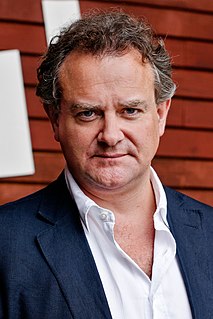A Quote by Jean-Luc Godard
Cinema is not a series of abstract ideas, but rather the phrasing of moments.
Related Quotes
A man's knowledge may be said to be mature, in other words, when it has reached the most complete state of perfection to which he, as an individual, is capable of bringing it, when an exact correspondence is established between the whole of his abstract ideas and the things he has actually perceived for himself. His will mean that each of his abstract ideas rests, directly or indirectly, upon a basis of observation, which alone endows it with any real value; and also that he is able to place every observation he makes under the right abstract idea which belongs to it.
I think what I loved in cinema - and what I mean by cinema is not just films, but proper, classical cinema - are the extraordinary moments that can occur on screen. At the same time, I do feel that cinema and theater feed each other. I feel like you can do close-up on stage and you can do something very bold and highly characterized - and, dare I say, theatrical - on camera. I think the cameras and the viewpoints shift depending on the intensity and integrity of your intention and focus on that.
We were all expecting to finish [Downton Abbey] after Series 1, actually. And then, it got extended to Series 3, and that's when two of our much loved and much missed friends left. And then, it was going to be done with Series 5, but Julian Fellowes said, "I'd like to do one more." So it's been a series of extensions, rather than wondering how much longer we can go on for.







